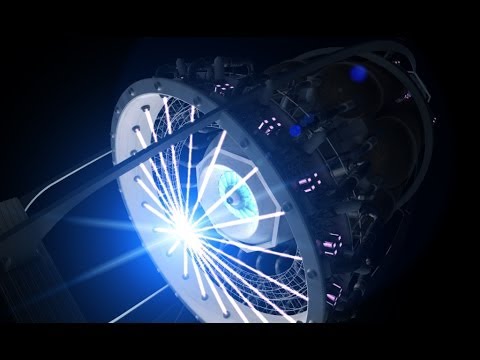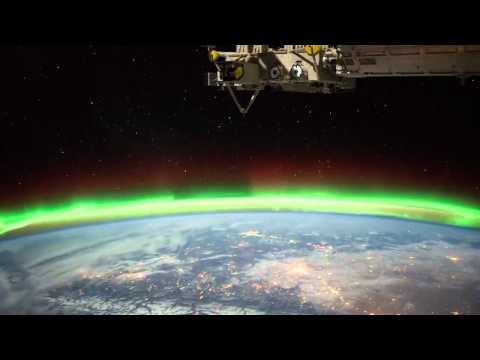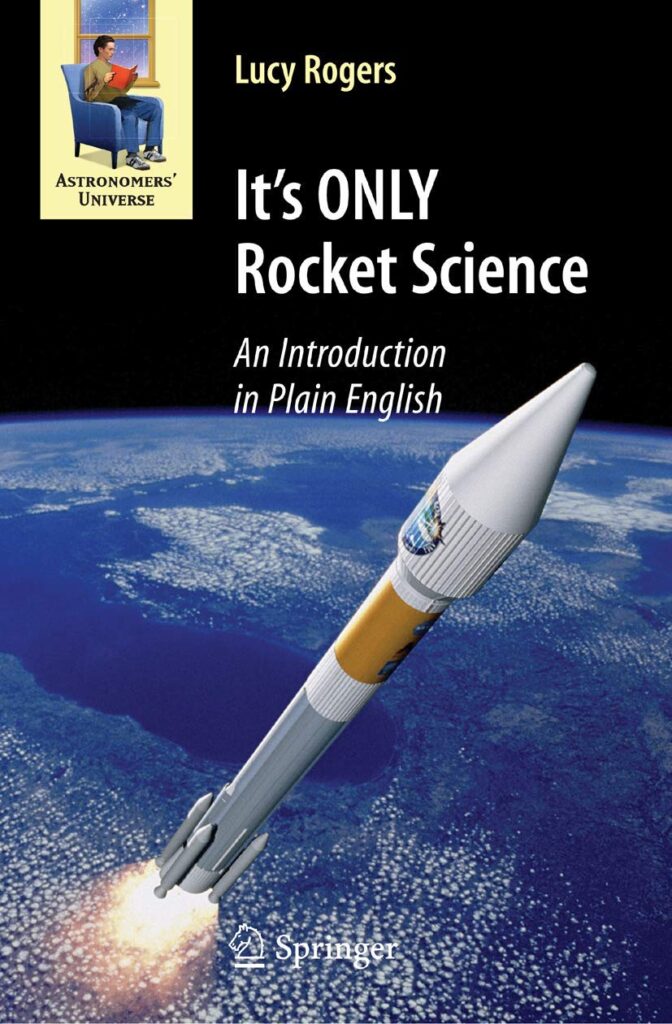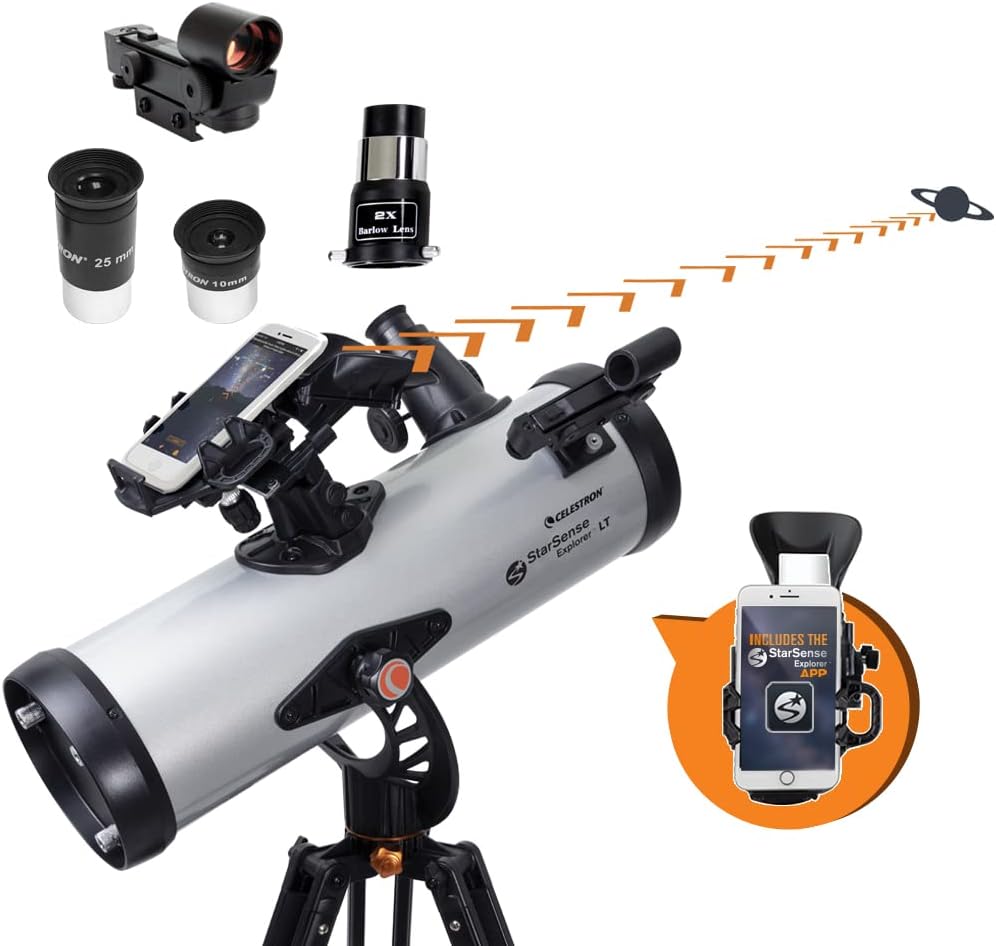Is Pakistan already in Space | Pakistan Space Program
Lately, you must be heard everywhere in news channels, newspapers, and national and international media about India’s space program. India has recently launched a successful space mission that has landed on the southern pole of the moon. This accomplishment has positioned India as the fourth country that has achieved a successful moon landing. The purpose of narrating this entire scenario is simply to think that if Pakistan and India had remained united. Let’s assume during the time of separation, India had a bit more resources, but still, in terms of population, Pakistan possessed sufficient resources. So, if India initiated its space program successfully and is continuing it with significant achievements, the question arises: Where is Pakistan’s space program in this whole picture? Why are we not making any progress in space? So, let’s discuss this topic today. I am your host, Waqas Anjum. Pakistan initiated its space program in 1961 as part of the Pakistan Atomic Energy Commission. Subsequently, in 1964, it was established as a separate entity under the name SUPARCO (Space and Upper Atmosphere Research Commission). Initially, it was started for scientific exploration that was deemed necessary at the time, with Dr. Abdus Salam Usmani heading the program. On the other hand, India started its space program a year after Pakistan in 1962, under the name ISRO (Indian Space Research Organization). The initial model was similar to Pakistan’s as it began as a part of the Indian Atomic Energy Commission and then later evolved into a separate, independent organization One noteworthy point is that India launched its space program just a year after Pakistan and is now a significant player in space This raises the question of why Pakistan’s space program was neglected. Typically, the reason given is that Pakistan’s priorities were diverted due to other issues like the 1965 and 1971 wars, along with security concerns, and so on It should be asked to those who provide these reasons why these wars, which also involved India, did not similarly distract their priorities, yet they successfully continued their space missions. Regardless, this discussion could lead us in a different direction. Our focus should solely remain on the space program. So, my friends, Pakistan’s space program was initiated for peaceful missions like scientific exploration and the development of space knowledge. After the crises of 1965 and 1971, the national interest shifted towards the nuclear program, which was perhaps necessary at the time. Due to this shift, SUPARCO was somewhat neglected for several years However, despite this, on June 7, 1962, Pakistan launched its first sounding rocket, Rehbar-1, with the assistance of the USA. Additionally, between 1962 and 1972, Pakistan launched various rockets, totaling around 200. However, these efforts were not entirely Pakistan’s independent endeavors. Subsequently, due to the nuclear program’s priorities, this sequence of activities came to a halt. This is the reason why Pakistan, much later in 1990, launched its first satellite named Badar-1. It’s crucial to understand the domains within the realm of space for any country. These domains are typically divided into two parts: military applications and peaceful applications. As for military applications, no country has thus far utilized its space program for military purposes. An international understanding and treaty prohibit the weaponization of space among nations. On the other hand, when we talk about peaceful applications, it involves navigation systems that are used for things like plane navigation, car navigation, mobile GPS, and more. These systems rely on satellite engines. Countries with their own satellites are using them, while those without are purchasing services from other nations because it’s a necessity in today’s world. Countries possessing satellite systems are generating substantial revenue from them. For instance, the United States has the GPS (Global Positioning System), which is the largest satellite system of its kind. Russia operates the GLONASS (Global Navigation Satellite System). Similarly, the European Union has GALILEO, which became operational in 2016. India launched NAVIC. These satellites launched by countries are used for everyday needs. They’re incredibly helpful in navigation systems, whether it’s for planes or driving on the ground. Climate predictions have become possible due to these systems, and many other aspects of life benefit from satellite technology. Therefore, countries offering these services are generating significant revenue from them. It is said that in the future, the space economy will play a fifty percent role in the global economy. According to estimates, the space market will be around 1.1 trillion dollars by 2040. Some researchers are predicting that this economy could expand to 2.34 trillion dollars. We need to change our national priorities in this regard. The world is moving towards development, and we have lagged behind in this matter. However, it’s not too late yet. If we have better legislation for our space program and if our national interest is aligned with it, we can make progress. Just as we can become a nuclear power, we can also venture into space. We need awareness about space, galaxies, stars, etc., from common individuals to universities, organizations, and politicians. A comprehensive awareness campaign is necessary to convey and explain how important it is for Pakistan to move in this direction. Secondly, financial resources are also required. Thirdly, the lack of international collaboration has hindered Pakistan from expanding its space program. We don’t have a launching pad. We have acquired our rockets and satellites with the help of China. But now, Pakistan is collaborating with China not only in its space program but also in China’s own astronaut missions. China will assist Pakistani astronauts in their journey to space. So, my friends, in the coming years by 2047, Pakistan has set a target. Hopefully, after changes in international collaboration and national interest, we will be able to achieve it. We have provided you with very basic information that anyone can easily understand. Before ending the video, let’s congratulate our Indian friends on the successful launch of Chandrayaan-3. We hope that one day Pakistan will also make its presence felt in space. Until next time, stay happy, stay well. Goodbye, and Allah Hafiz.












